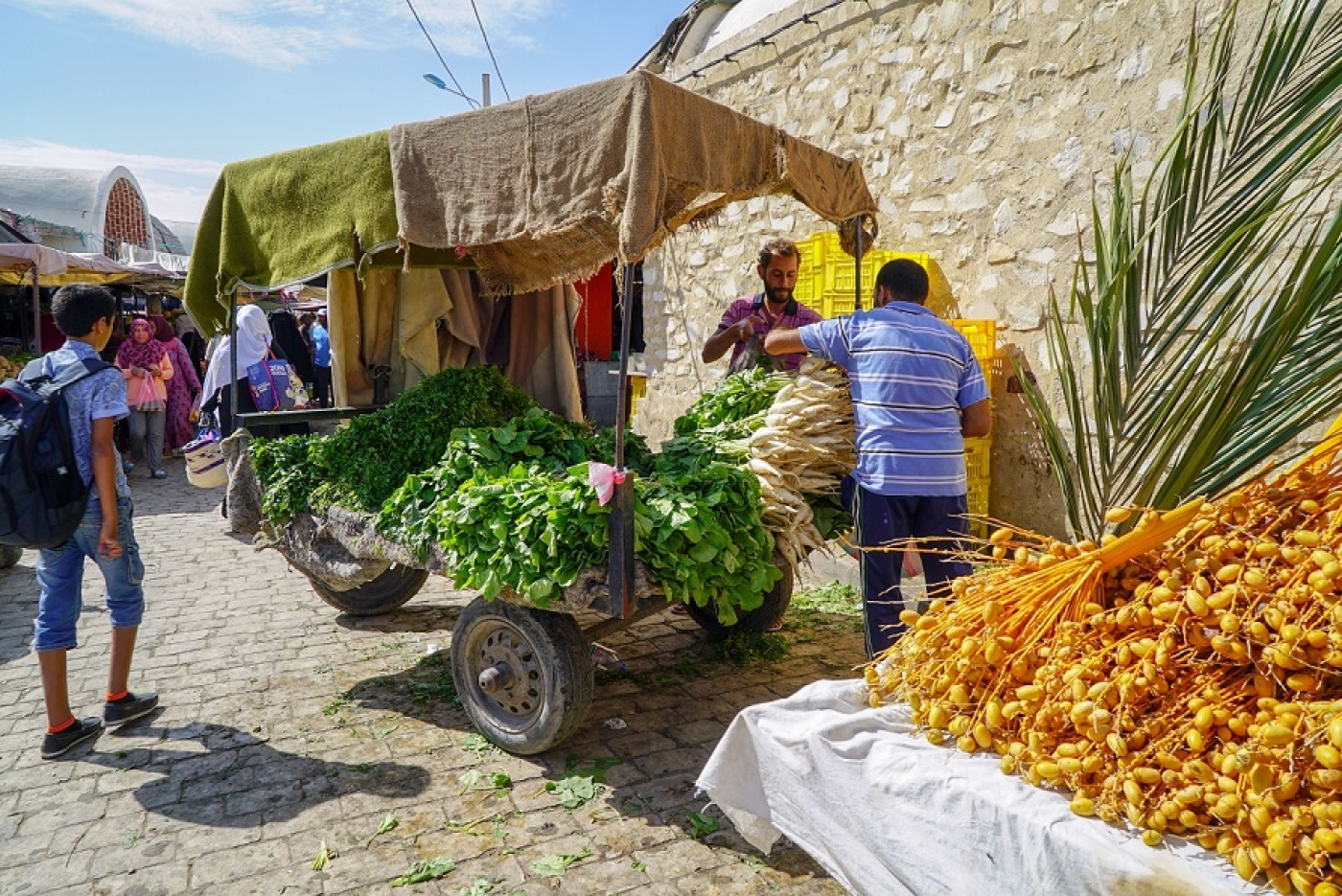Amfleet
[yee-haws internally]
The year is 2010.
Since the end of the Ottomans, the times of peace the Middle East has known have been short-lived, held together by treaties between iron-fisted rivals, foreign interventions, and war weariness that can never be passed down to the next generation. In spite of this cycle of violence, many of the dictatorships and dynasties that make up the region have managed to abide over the years with surprising levels of internal stability, as kings and strongmen use their characteristic brutal methods to keep a grip on restive populations that grow weary with the lack of economic and social development their regimes offer.
There are signs that the cat has begun to creep out of the bag. The calamitous US occupation of Iraq has laid bare divisions between Sunnis, Shiites, and Kurds that are also present in several neighboring countries. The increasing universality of social media creates methods of expressing grievances never before available in repressive states. Even in the most modernized nations of Turkey and Israel, democratic governance still leaves huge portions of the electorate unrepresented, unsatisfied, or both.
Can you prevent this bomb from detonating? Or will you be the one to press the plunger?
Rules:
- Don’t be a dick. This means not harassing players personally for their choices in game beyond the levels of usual banter.
- Communicate. The Discord server is always lively and the best facilitator for all your negotiations. Participation with your fellow players will be critical for your success.
- Be realistic. Do your research so that you know your limits in terms of technology and politics.
- Don’t metagame. This includes stuff like shenanigans about who gets to see your turn or basing policy on your feelings about the member playing a certain nation.
- Have fun! This will be strictly enforced.
How to write a turn:
Each turn will span 6 months, starting on 1 January 2010. You will be allotted 10 command lines to spend on your country during this time period. Please DM your command lines to me on Discord or RPN. The categories are as follows:
Diplomacy: Your interactions with player nations and factions. These are subject to my confirmation with the other player.
External: Your interactions with non-player nations/factions. You can propose deals with NPCs to me via DM if you’d like to test the waters.
Domestic: Your interactions with your populace- laws, social policy, and economic development.
Military: Your interactions with your military. Train equip, and FIGHT!
Technology: Send me a general area of civil or military technology you’d like to improve. You may have no more than one of these per turn. Don’t pick anything outside your nation or group’s reasonable ability to develop it.
Espionage: Any of the above you wouldn’t like me to publish in the public turn, as well as assassinations and other subversive activities. Results will be given to you by DM.
Players: (8/8)
Attachments
Last edited:


